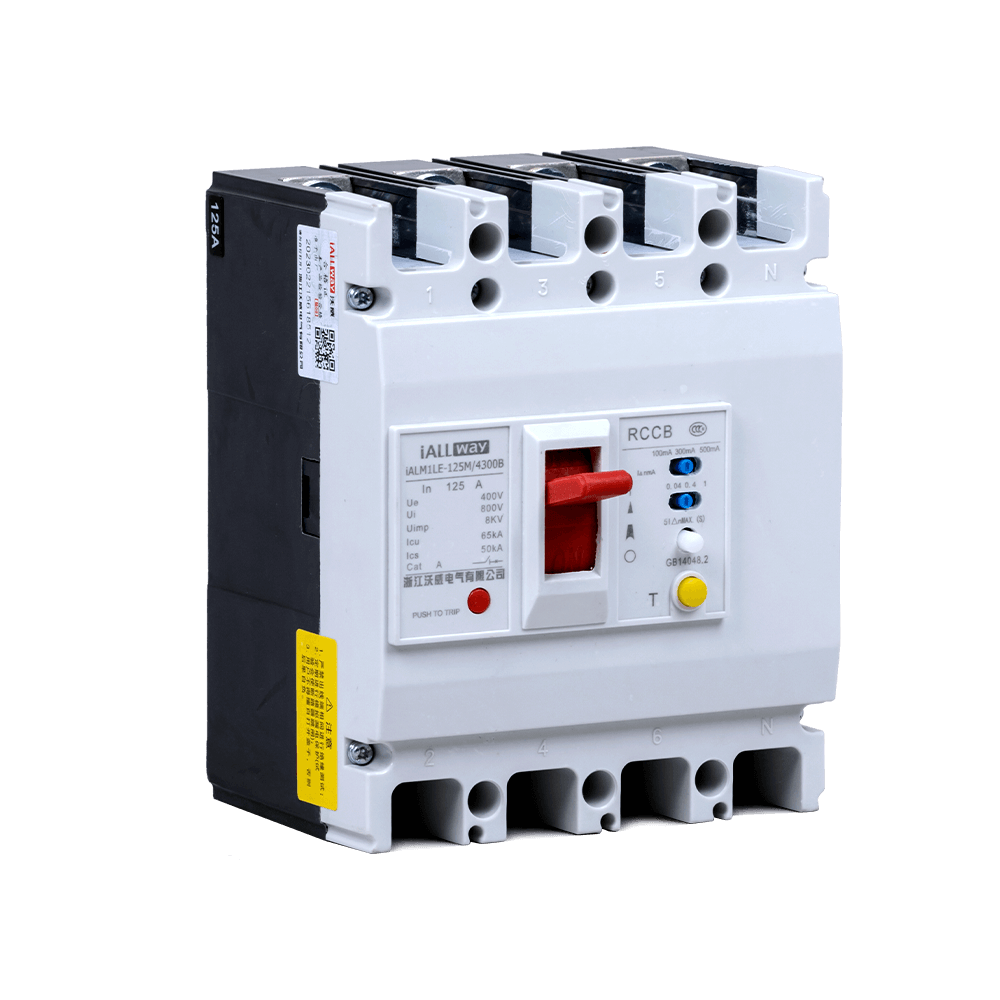RCCB means Residual Current Circuit Breaker—and it’s a device that offers a critical defense against electric shocks and potential fire hazards.
But its benefits also come with limitations that users must carefully weigh to ensure optimal performance and safety in their electrical systems. You’ll find the advantages and limitations of RCCBs below.
The primary benefit of RCCBs is their ability to provide robust protection against electrical shocks. If they detect any deviation in the balance between the live and neutral conductors, the RCCB will swiftly disconnect the power supply.
RCCBs play a crucial role in averting electrical fires. This is valuable in residential and commercial settings where the potential for electrical fires poses a significant threat.
RCCBs are available in various sensitivity levels, typically measured in milliamperes (mA). This allows users to choose the appropriate sensitivity for their specific applications.
The ability of RCCBs to coordinate selectively with other protective devices in an electrical system is a significant advantage. This ensures that in the event of a fault, only the RCCB nearest to the fault location trips, minimizing downtime and allowing the rest of the system to continue functioning.
RCCBs are generally straightforward to install in electrical circuits. They are designed to fit into standard distribution boards or consumer units.
RCCBs may not be suitable for all types of electrical loads. Certain equipment with inherent leakage currents, such as power supplies with filters, may cause false tripping of the RCCB.
While the importance of electrical safety cannot be overstated, the initial cost of high-quality RCCBs may be a limiting factor for some users.
RCCBs can be sensitive to environmental conditions, including temperature and humidity.
To maintain the efficacy of RCCBs, regular testing is recommended. This maintenance aspect, while essential, adds to the overall responsibility of ensuring electrical safety in the installation.
The breaking capacity of an RCCB may be limited compared to other protective devices like circuit breakers. They may not be suitable for high-fault current scenarios.

An RCCB means having secure protection from electrical hazards whether at home or in commercial or industrial areas.
However, you must carefully assess the specific requirements of your electrical systems, consider the compatibility of loads, and invest in quality devices that comply with international standards to ensure maximum safety.
Contact us today to learn more about how you can get quality yet affordable RCCBs.

Thank you for your sharing. I am worried that I lack creative ideas. It is your article that makes me full of hope. Thank you. But, I have a question, can you help me?
Thanks for sharing. I read many of your blog posts, cool, your blog is very good.
Your article helped me a lot, is there any more related content? Thanks!
I don't think the title of your article matches the content lol. Just kidding, mainly because I had some doubts after reading the article.
Thanks for sharing. I read many of your blog posts, cool, your blog is very good.
Can you be more specific about the content of your article? After reading it, I still have some doubts. Hope you can help me.
I don't think the title of your article matches the content lol. Just kidding, mainly because I had some doubts after reading the article. https://accounts.binance.com/sl/register?ref=PORL8W0Z
Your point of view caught my eye and was very interesting. Thanks. I have a question for you.
I don't think the title of your article matches the content lol. Just kidding, mainly because I had some doubts after reading the article.
I don't think the title of your article matches the content lol. Just kidding, mainly because I had some doubts after reading the article.
Can you be more specific about the content of your article? After reading it, I still have some doubts. Hope you can help me.
Muchas gracias. ?Como puedo iniciar sesion?
Can you be more specific about the content of your article? After reading it, I still have some doubts. Hope you can help me.
Your point of view caught my eye and was very interesting. Thanks. I have a question for you.
Your point of view caught my eye and was very interesting. Thanks. I have a question for you.